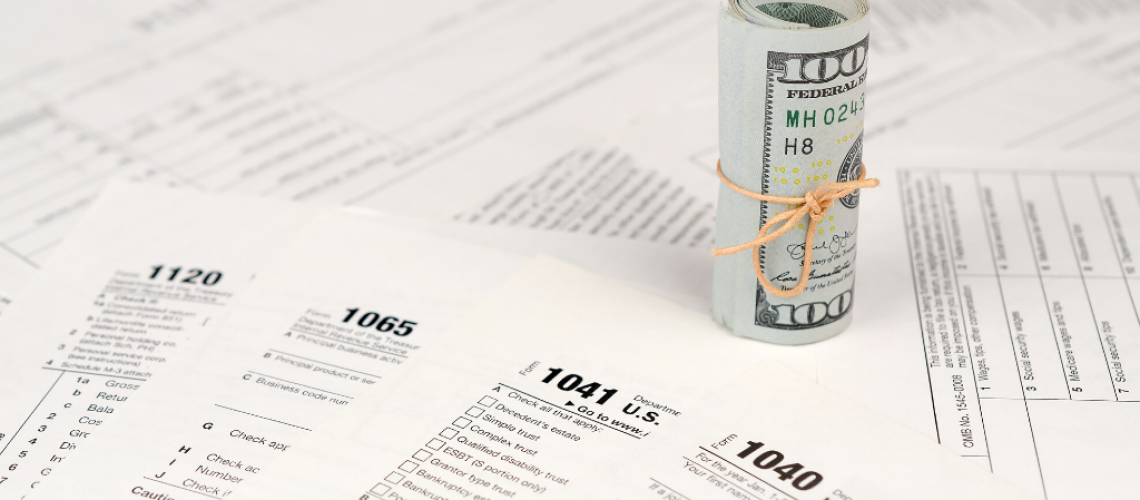There used to be a rumor that the IRS looked more closely at the returns not filed by the original due date. On the other hand, some people thought it was better to file later to best avoid an audit. However, neither of these is true. Filing an extension is not bad OR good, it all just depends on your situation.
To provide a little insight on how a notice works, the IRS receives a copy of every 1099, K-1 or W-2 that is sent to you and their computers do a matching with every return filed. Usually, this matching process runs about two years behind in looking at your tax return. By this, I mean that it typically takes two years for their computers to start spitting out notices when something on the return does not match what their computer shows should be on the return.
Are There Penalties When Extending?
The filing extension does not provide an extension for your payment if you owe tax. A calculation can be done to determine how much should be submitted with the extension. If the taxpayer pays estimated tax payments, I have them send in enough to cover the tax owed with the return and the first and sometimes second estimated tax payment. This way, whatever tax is overpaid with the return is applied to the next year. There is a cushion on the tax return and the remaining estimated tax payments can be adjusted when the return is filed.
If you do not pay what you owe by the extension date, you will get late penalties and interest based on what you owe. However, the penalty for not filing is the largest penalty based on the amount that you owed. That penalty is 5% on any tax due for each month or fraction of a month that a tax return is filed late without an extension plus a late payment penalty of .5% a month up to a maximum of 25%.
The interesting thing is that for individual taxpayers, if you owe no tax with your return, and you don’t file an extension, there is no penalty. So if you had enough withholding from a paycheck or retirement distribution or if you paid in enough estimated tax payments to fully cover all tax due with the return, and you don’t file an extension, there still will be no penalty. In other words, the IRS does not worry if you overpay them, only if you underpay them.
When You SHOULD Extend
If you have a very simple return, it would make sense to go ahead and file your return by the due date. If you are expecting a refund, it is advantageous to file it by the due date so you can get your refund sooner. The IRS will not pay interest on any money they owe to you, so you might as well receive the refund as soon as you can.
If you have multiple 1099’s or K-1s, it makes sense to file an extension. If you miss reporting a large amount of income, in addition to late penalties and interest, you can have a large “substantial understatement penalty.” This is surprisingly hard to have removed. Additionally, if you have a more complicated situation such as the sale of assets or a 1031 exchange, it makes sense to file an extension.
Extending your tax return when somewhat complicated also pushes it into a time when your accountant has more time to analyze it and ask questions as necessary without feeling rushed. This truly is a wonderful thing. Just ask any public accountant.


